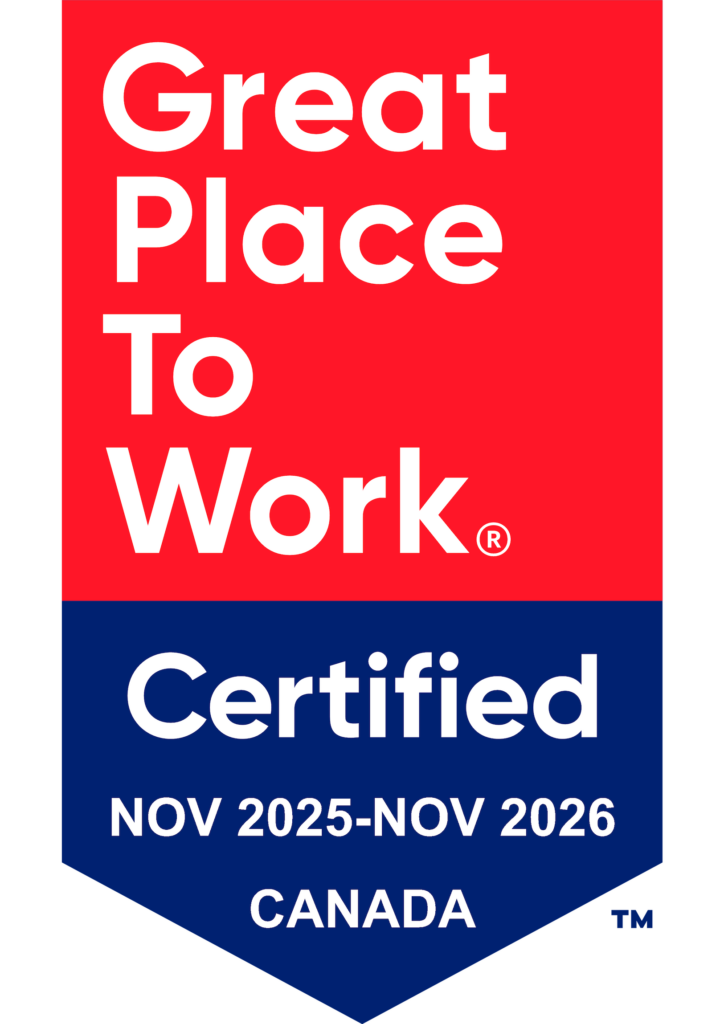Author: Lewis Goldenberg, RPA Lead Consultant
One of the biggest driving factors for any business decision—especially when looking at onboarding a new technology—is understanding what the return on investment will be and how long it will take to get there. Traditionally, this is a dollar and cents value; how long will it take to make back the cost of what the business is paying. During this past year, with the impact that COVID-19 has had on every industry, this has become even more critical as companies make the choice to either reduce spending or invest more to support their employees and customers through a forced digital transformation.
While these same cost-benefit decisions apply when looking to roll out Robotic Process Automation (RPA), it has a unique opportunity to provide value far beyond direct cost reduction and can touch your business in ways you may not have even realized. With the move to work-from-home and customers engaging services through digital touchpoints at exponentially greater intervals, technology is key to ensuring that your business remains operational and accessible even throughout a pandemic.
So, what are some of these values that matter to business leaders, employees, and customers, and how can they be realized with the utilization of RPA?
Customer Value
For most industries, customers drive the business. If you cannot deliver a service or product they want then you won’t have customers (or a business) for long. From a value perspective, customers don’t care that a technology (which may help you deliver faster or expand your offerings) costs your company $5M to implement and maintain. They care about the outcomes from that investment.
- Engagement Paths: Do your customers have other supported ways to reach out beyond calling? A robot working side-by-side with agents, or even a chatbot, can open up avenues for engagement!
- Self-Service: Can customers purchase or modify services without speaking to an agent? Assigning a robot to handle form requests or chatbot interactions can improve your customer’s experience by reducing wait times.
- Average Handle Time: How much quicker are customer issues being resolved when they do reach out? Providing a status update to customers or resolving low-level issues through a web portal can reassure them that their time is being respected and their concerns are being addressed.
These types of values all impact your business in different ways such as increased sales due to ease-of-use, customer loyalty and retention, an increased Net Promoter Score (NPS), or other industry-specific metrics. Understanding which customer values are important to your C-Suite can help your RPA Center of Excellence (COE) and the business units taking advantage of RPA shine brightly in those monthly or quarterly updates!
Employee Value
A lot of sales talk around RPA is about how it can impact the workload of employees by taking over mundane tasks, freeing them to focus on other work. By itself, that sounds great, but what does it really mean to the average employee? How does removing one piece of work from them and replacing it with another get them excited to connect with the office? (Author’s note: “coming/going into the office” is dead, long live “connecting to/with the office”!).
Employees can be thought of as internal customers. Of course, there are differentiators that should be taken into account and of course, every business is unique (they aren’t) and your employees only care about what is best for the business (they don’t). So what values should you care about when thinking about your employee experience? This is a bit dependent on the industry you’re in and the products or services you deliver, but here are a few common values that every company should care about when it comes to their employees:
- Employee Engagement: Remove mundane work such as data retrieval, providing time back to the employee to build a rapport with a customer, to check their email, or respond to a co-worker’s query. Employees will feel more engaged in their job and feel less like a robot themselves!
- Self-Service: As with customers, employees also want to be able to request and resolve their own issues. No one wants to wait on hold for a helpdesk simply to reset a password or request a virtual machine for development work. Provide your employees with the ability to submit requests through a form or a chatbot that a robot can interact with and handle their requests. This will save them time and allow them to continue working rather than waiting in a queue!
- Upskilling: When your employees are released from handling the simple daily tasks, you can fill that capacity with other engaging work or even give back some of that time to the employees and enable them to upskill! Enabling your employees to upskill can help them become more engaged while also expanding the capabilities to your teams, which can then be applied back into your business!
A positive employee experience is important to maintaining a happy and healthy workforce. Addressing their needs cannot only help you retain your star worker but also attract others to your business when they see employee reviews and Employee Net Promoter Scores that reflect your company’s desire to empower its people.
Business Value
Now that you have rolled out a large number of automated processes across different business units, HR, and customer-facing functions, how does this impact your overall business?
Your customers are more satisfied, purchasing additional products and services which is increasing your revenue. Employees are more happy and engaged, able to deliver work faster and with fewer interruptions and downtime.
What do you do with all the saved time and greater quarterly results? Sounds like a great weekend in Vegas.
In reality, what you should be doing is investing it back into your business. This could include expanding your RPA COE to support delivering more automated processes, starting more projects with the added resource capacity you now have, or give back to your hard-working employees.
So, How Do You Start Delivering Value Beyond ROI?
Based on our experience, automating business processes that showcase values beyond only ROI of the products and services help business leaders become a strong and recognized value-add within their company. Not every process is created equal and some will have a greater impact on your customer, employee, and business values than others, but as you shift your metrics from just time and dollars, you will see the importance of recognizing and measuring these values.
One of the best ways to help you get started in looking at where you can find the most value-impacting processes is to engage Greenlight Consulting in a two-week discovery session. We would work with business leaders, technology and business experts, and help you uncover worthwhile automations and the values they can impact alongside our standard estimated ROI report.
Want to know more? Contact us to start your RPA journey.









